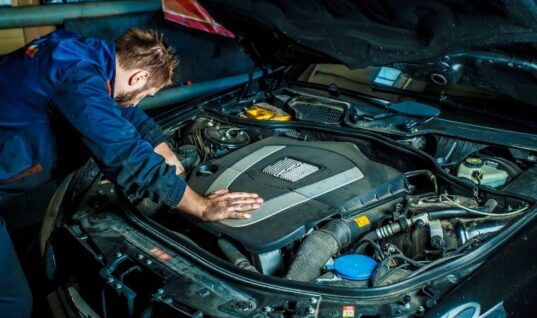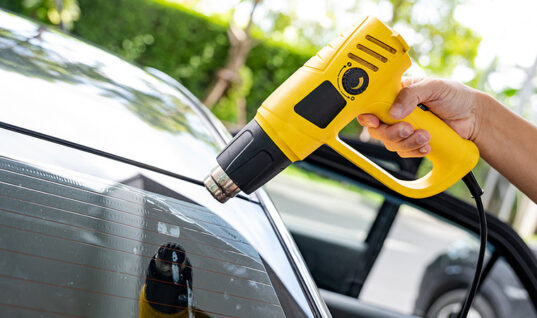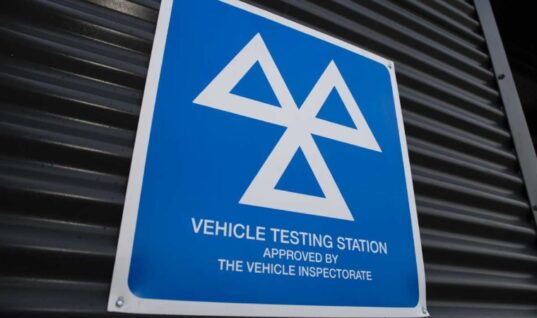The high cost of replacement parts and the continued skills shortage are resulting in the premature death of many electric cars.
That’s the warning from a recent Bloomberg article, which leads with the line: “Insurers are totalling battery-powered cars with minimal damage because fixing them doesn’t add up.”
It says there has been a rise in the number of electric cars being declared total losses after an accident, pointing to the dismantler Synetiq, which has seen a 55 percent increase in electric car and van disposals over the past year.
Lee Houston, EV technical liaison engineer at the AA, told Bloomberg, although many of the EVs being written off could be repaired, a simple dent or mark on the battery would necessitate a “a replacement, which will write the car off” at a cost of £15,000 to £20,000.
The article also cites the skills shortage as a problem, quoting Ben Boot, Kwik Fit’s head of development for service, maintenance and repair, who said 15 out of the company’s 15,000 technicians meet the Level 3 or 4 EV/hybrid requirements.
He said: “There’s still an element of the fear of the unknown when it comes to battery repair and getting into the repair of individual cells and modules, but said “repair rather than replace becomes a more viable proposition” with more trained technicians.
Darren Naughton, an AA trainer, warns that many technicians could be put off by the perceived dangers of working with electric vehicles, saying: “The ante is risen quite a lot because you are dealing with no mistakes really. It’s instant death on these systems.”
Figures from the Institute of the Motor Industry (IMI) show that, at the end of January, there were 52,000 qualified EV technicians in the UK, representing 22 percent of all technicians in the country. That’s up from 45,300 just six months earlier.
That shows that the industry is progressing in the right direction, but the IMI predicts that by 2030, the sector will require more than 107,000 EV trained technicians, increasing to 139,000 by 2032, and 185,000 by 2035.
At the current rate, there’s expected to be a shortfall of 30,000 qualified technicians by the time of the ban on the sale of new petrol and diesel cars.
Source: Bloomberg








Stuart Duff AAE FIMI
Qualification doesn’t mean experience, there are multiple brands and variations across brands. Getting the right kind of experience is just as important as getting a certificate.
That’s where the real issue lies.
More specialised hands on training is required if the electrical barrier that has always been a fear in our trade is to be overcome, and that kind of training is in short supply too.